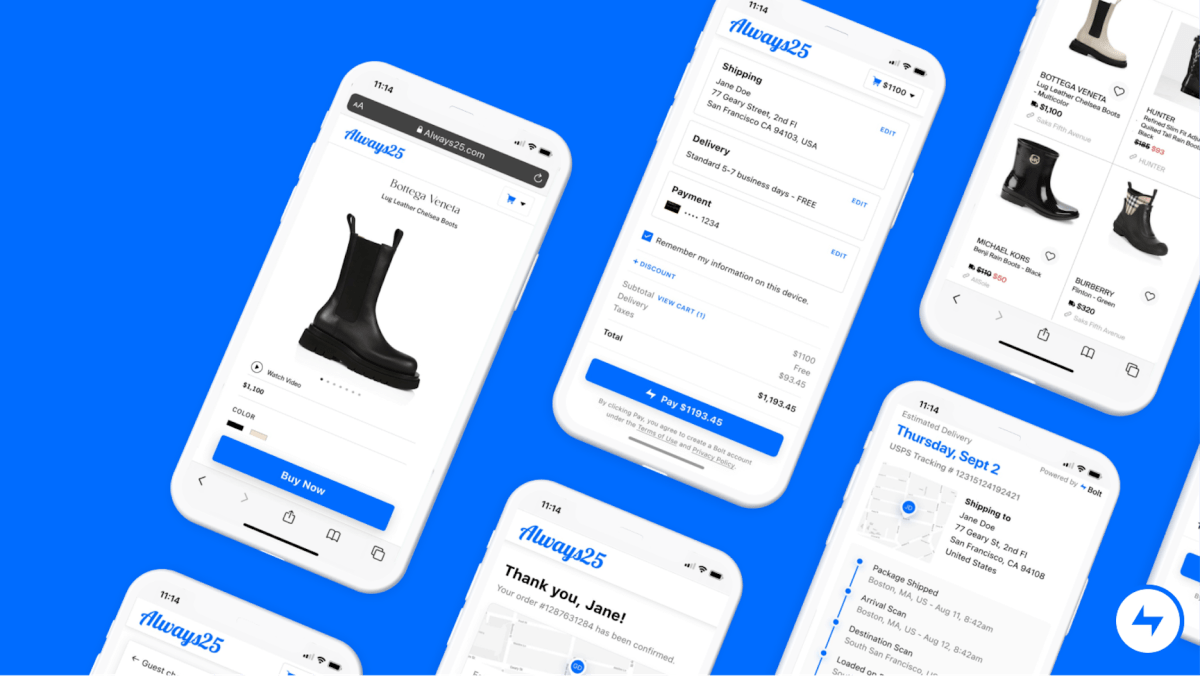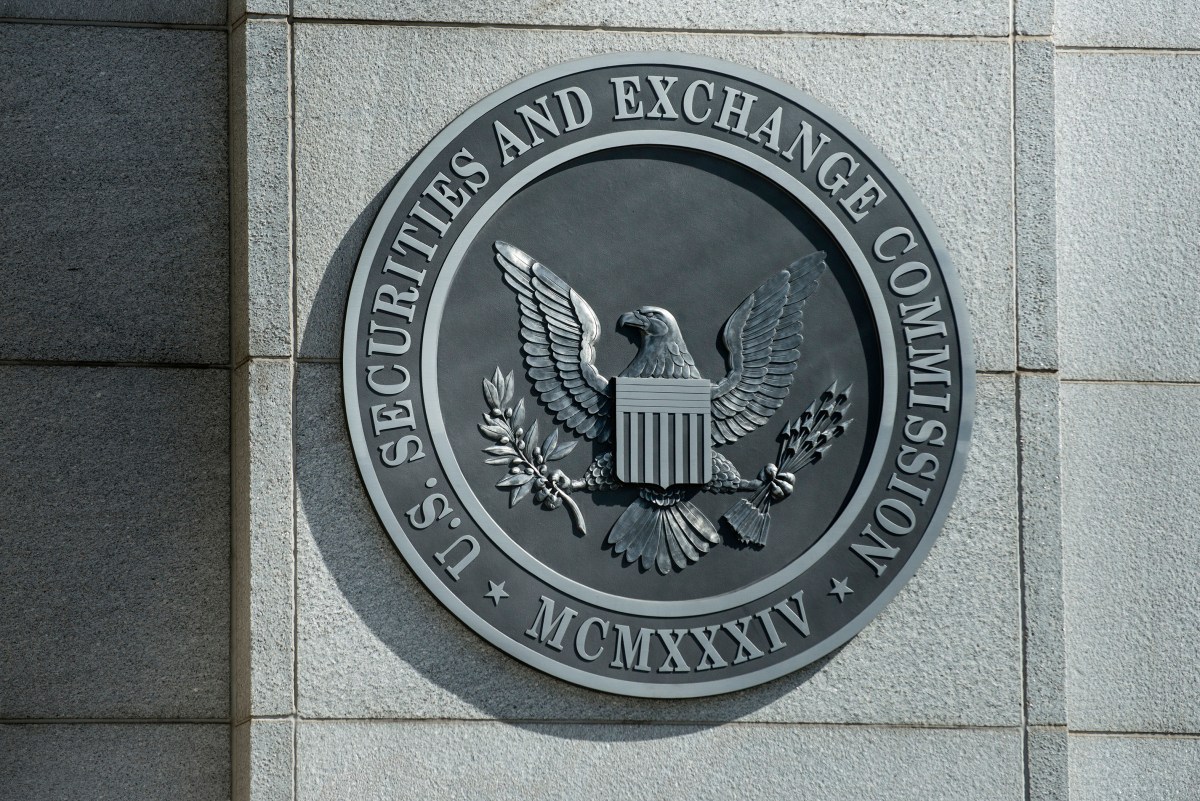In a bold move last month, Scale AI CEO Alexandr Wang took out a full-page ad in the Washington Post, telling President Trump that “America must win the AI war.”
The statement sparked mixed reactions, as seen during Wang’s appearance Sunday during the opening night of Web Summit Qatar. When Wang’s interviewer Axios’s Felix Salmon polled the room, asking how many people agreed with that opinion, he counted just two hands. When he asked the room how many disagreed, Salmon noted an “overwhelming” number of hands went up.
So Salmon asked Wang to defend his opinion. “AI is going to fundamentally change the nature of national security,” Wang explained. He noted that he grew up in Los Alamos, New Mexico “the birthplace of the atomic bomb” and that both of his parents were physicists who worked at the National Lab.
Wang said he views this as a race between the U.S. and China. And he expressed concern that AI will allow China to “leapfrog” the military might of “Western powers,” which is what prompted the full-page ad.
Wang was echoing language that’s increasingly coming from defense tech startups and VCs. They are pushing for more autonomy in AI weapons and more AI weapons generally. They point to China, hypothesizing a situation where China releases fully autonomous AI weapons, while the US is slowed by requiring a human decision-maker in the loop before firing.
Beyond the hypothetical weapons of another nation, Wang tried to make the case for choosing between China and the U.S. for baseline LLM models. He believes this will also be a two-horse race, not mentioning other players like France’s Mistral. He argued that U.S. models bake in free speech where Chinese models reflect communist society viewpoints.
It’s true that researchers have discovered that many popular Chinese LLM models have their government’s censorship baked in. And concerns over Chinese government backdoors for data gathering plague the Chinese models as well.
Wang’s stated concerns about government influence in AI seemed especially timely as his talk coincided with Scale announcing an agreement with the Qatar government. Announced on Sunday, Wang said Scale will help Qatar build out 50 AI-powered government apps, ranging from education to healthcare.
Scale is mostly known for employing legions of contract workers, often overseas from the US, to manually help train models. It works with Microsoft, OpenAI, Meta, most of the major U.S. foundational models. It also offers other products, like an AI data engine and AI apps, some designed for the defense industry.
The overt pro-American language likely serves Scale AI well with its DoD customers. But the Web Summit talk also showcased how many people seem equally uncomfortable with the US having AI superpowers, too.















